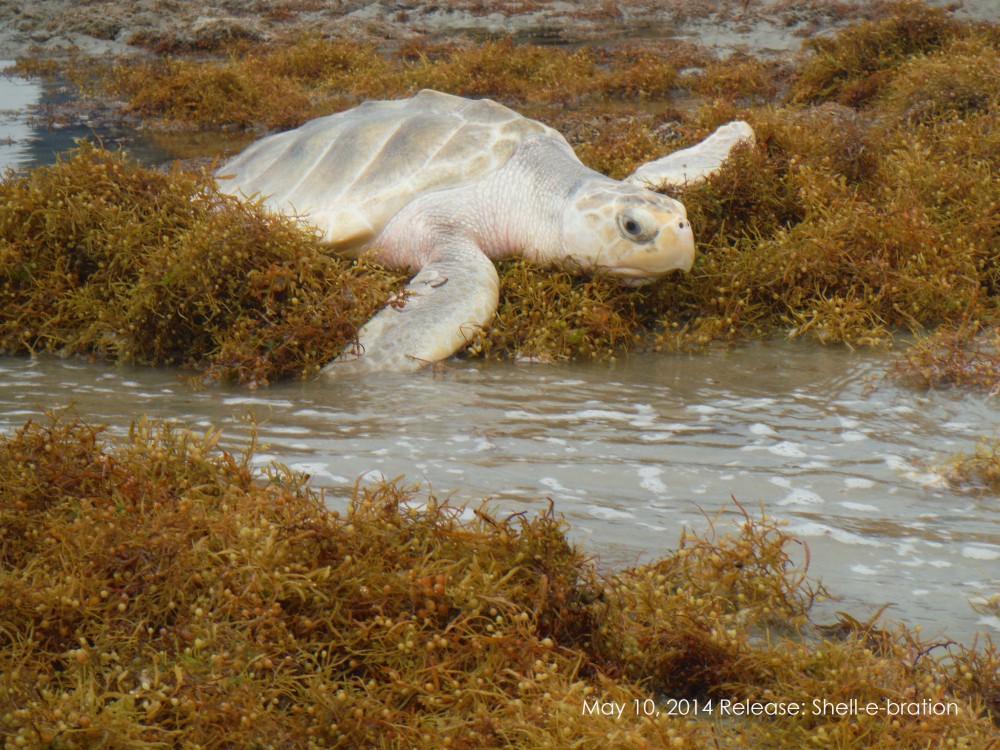Impact of Cold-Stunned Sea Turtles
Most of us are aware that climate change is a growing threat to our marine ecosystem. Some are not aware of the effect it has on our already threatened sea turtle population. The most notable of current threats to the East Coast is cold-stunned sea turtles. Cold-stunning is the equivalent of hypothermia for cold-blooded reptiles. As temperature gradually drops in the fall, sea turtles migrate to warmer water. Surrounding water regulated body temperature, making them more vulnerable to sudden changes in water temperature. When sea turtles linger too long and the temperature drops, they are cold-stunned, often washing up onto the shore because of wind. These cold-stunned turtles have a decreased level of activity, respiration rate, and heart rate. They are less likely to feed, and are more susceptible to injury from sources such as predators and boats. It also decreases their immune system functionality, which can lead to illness such as pneumonia. Turtle Island is working to create a clinic in Galveston, Texas to help rescue and then re-release sea turtles. Right now the only facility, is the National Marine Fisheries Service center in Galveston. But more space is needed to adequately protect these turtles.
North East USA Effects
Due to unusual cold spells in early November, as of November 21st more than 400 cold-stunned sea turtles – mostly Kemp ridleys and loggerheads – were recovered from shorelines of Massachusetts, New York, and Virginia. This is triple the amount of turtles from 2013! In more recent estimates, the number of cold-stunned rescued turtles has risen to about 1000 on the east coast. Read more here. Fifty of the turtles from the east coast should be coming to the Galveston, Texas lab for care. Moody Gardens is paying for their air transport and they are working on a way to help pay for their care. NOAA Fisheries, Sea Turtle Stranding Network, Massachusetts Audubon’s Wellfleet Bay Wildlife Sanctuary, the New England Aquarium, the Riverhead Foundation for Marine Research and Preservation in New York, and the Virginia Aquarium are teaming together to recover and treat these sea turtles. Additionally, 50 or more turtles will be taken from the east coast to Galveston, Texas lab for care. Moody Gardens is helping to pay for their air transport as well as raising money for their care. Help us save these beautiful turtles by reporting sightings to NOAA Fisheries Marine Animal Hospital at 866-755-6622.




